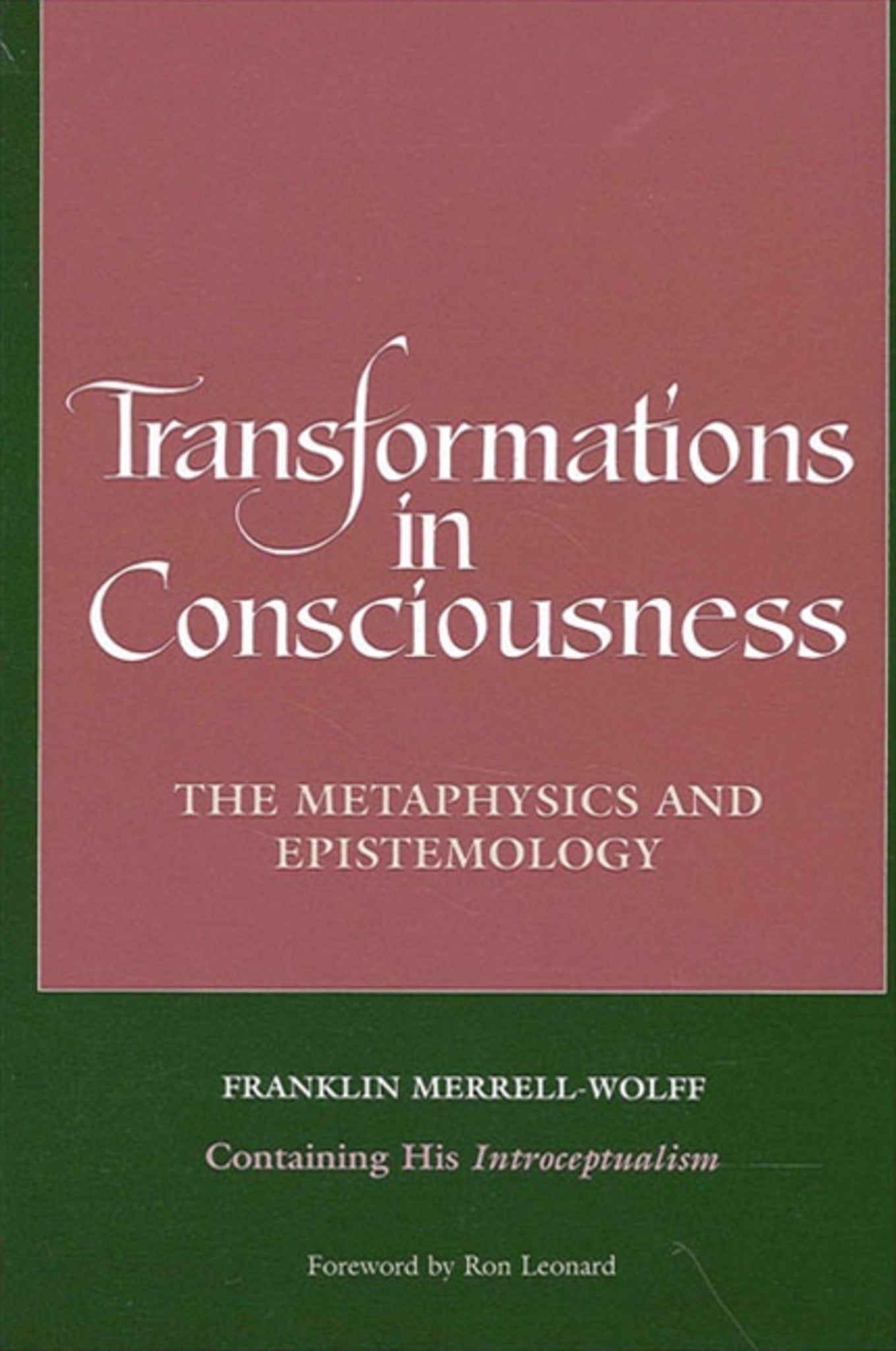We're sorry. An error has occurred
Please cancel or retry.
Transformations in Consciousness

Some error occured while loading the Quick View. Please close the Quick View and try reloading the page.
Couldn't load pickup availability
- Format:
-
06 July 1995

Presents a philosophy that includes the enlightenment experience—a philosophy grounded on the authority of direct realization resulting from transformation in consciousness.
This book presents a philosophy that includes the enlightenment experience—that embraces the wider ranges opened by the door of realization—while not excluding the contents of the more common experience. A realization in consciousness that finds no place or adequate recognition in philosophical systems proves the inadequacy of those systems. The author first briefly surveys the principal schools of modern Western philosophy in order to show how they fall short. He then presents his philosophy grounded on the authority of direct realization resulting from a transformation in consciousness.


FOREWORD BY RON LEONARD
INTRODUCTION
PART I: FOUR SCHOOLS OF MODERN PHILOSOPHY
1 Toward a Synthetic Philosophy
2 Naturalism
General Naturalism
Materialism
Positivism
3 The New Realism
4 Pragmatism
Vitalism
Empiric Voluntarism
Percept and Concept
Pragmatic Science
Gnostic Realization
Idealistic Pragmatism
Test by Consequences
5 Idealism
Ideas: Plato to Kant
The Primordial Image: Jung
Reason as Nous and Logos
6 Introceptual Idealism
Freedom and Necessity
Introception and Introspection
Self and Divine Otherness
Ideas: Hegel and Schopenhauer
The Self
Unidentified Introception
The Problem of Formulation
Conception, Perception and Introception
PART II: INTROCEPTUALISM
7 Introception
The Flow of Consciousness
Introceptual Process: St. John of the Cross
Conception and the Mystic Thought
8 Transcendentalism
Conception and Introception
Innate Ideas
The Subject Transcends the Object
9 Reality and Appearance
Conceptual Presentation
Substantiality Is Inversely Proportional to Ponderability
Knowledge through Identity
10 The Meaning of Divinity
PART III: THE PSYCHOLOGICAL CRITIQUE OF MYSTICISM
11 Judgments of Meaning and Existence
12 Three Mystical Paradigms
Mysticism
The Christ
The Buddha
Shankara
Self (Atman) or No-Self (Anatman)
A Mathematical Model of Ego Metaphysics
13 Mystical Knowledge
Critique of Leuba's Methodology
The Mystic Thought
Knowledge as Negation
Shift in the Base of Reference
Leuba's Antinoetic Argument
14 Significance of Immediate Qualities of Mystical States
EPILOGUE
INDEX



